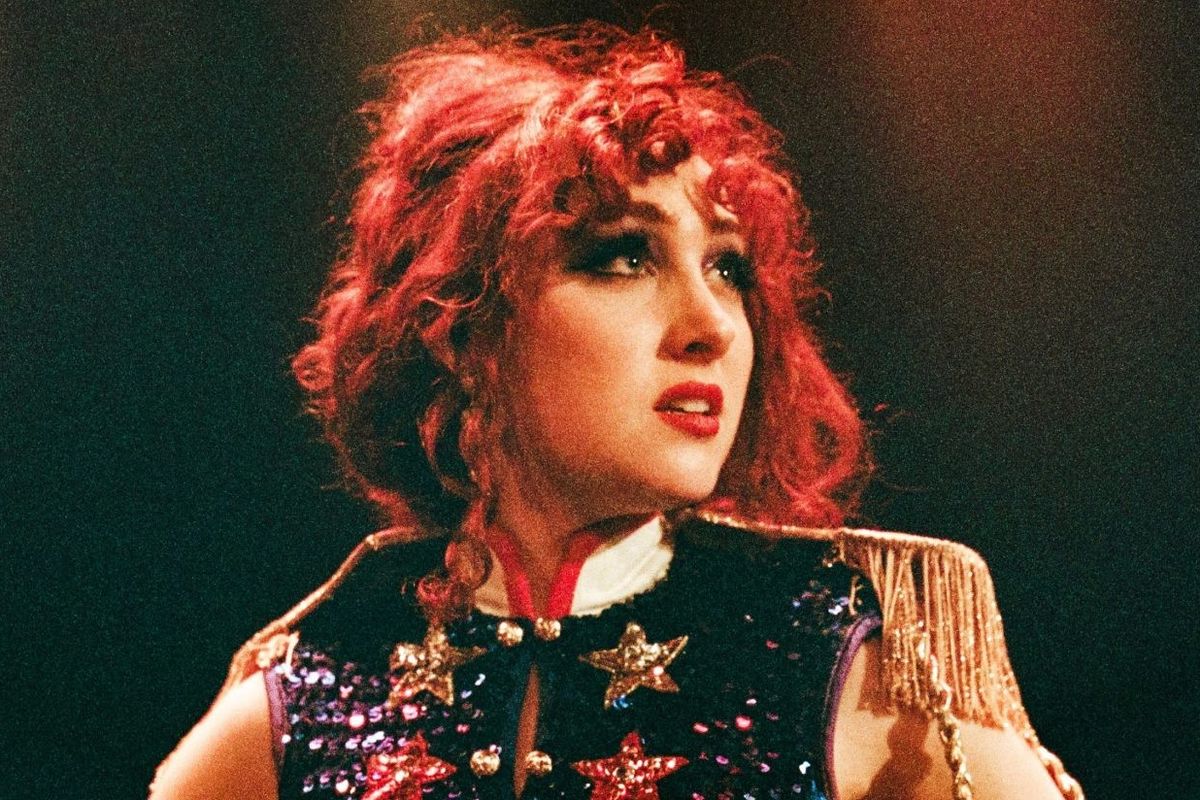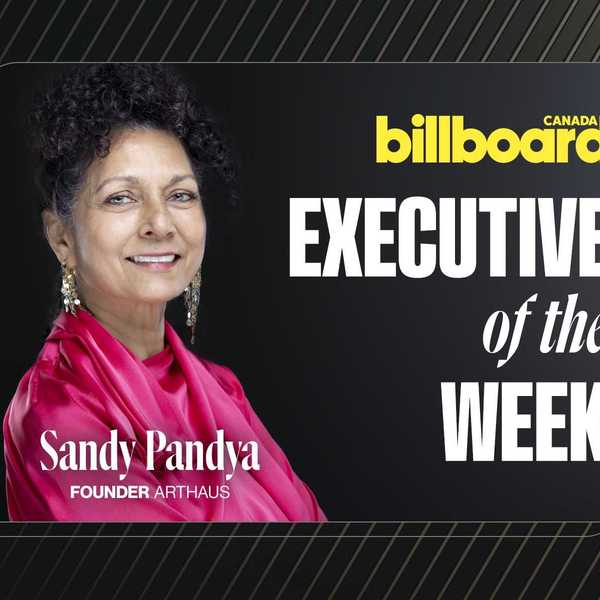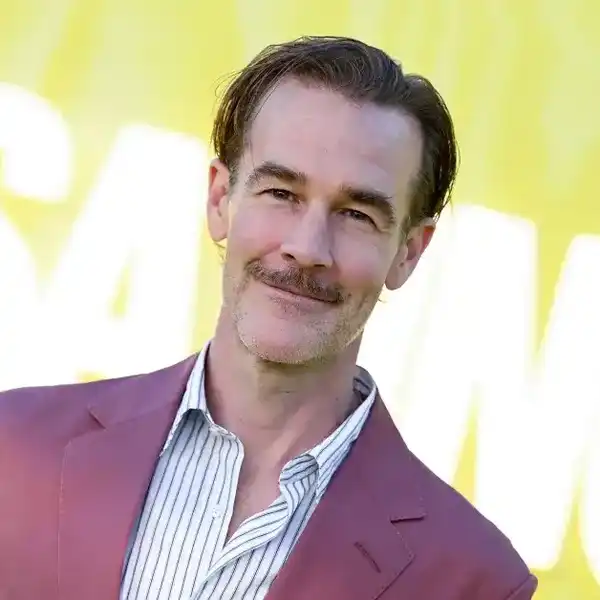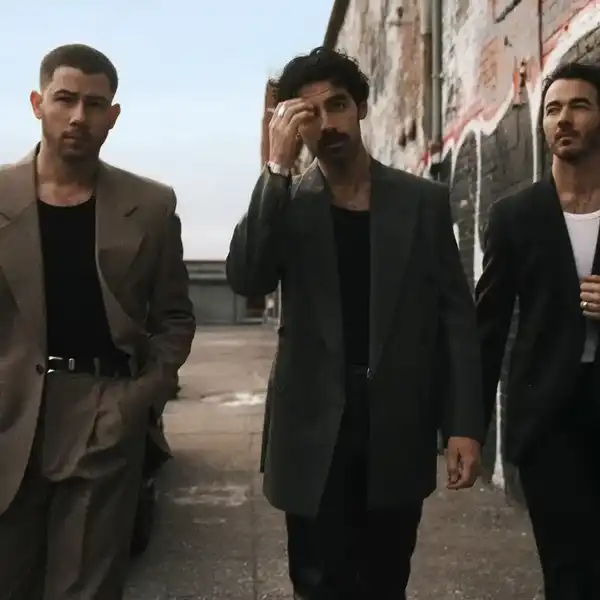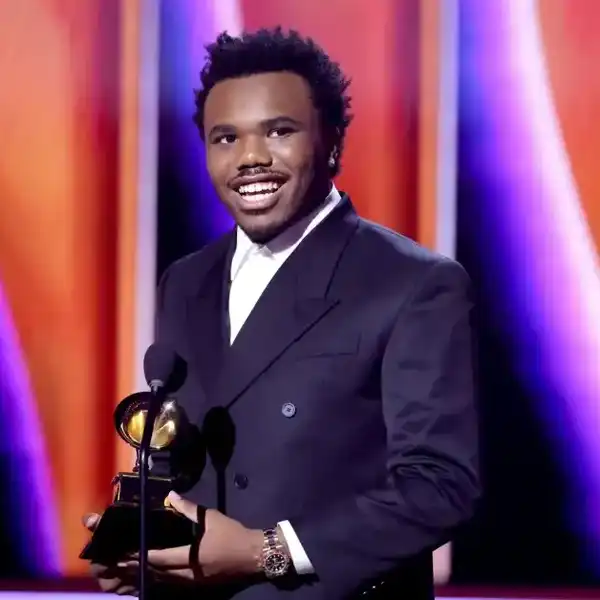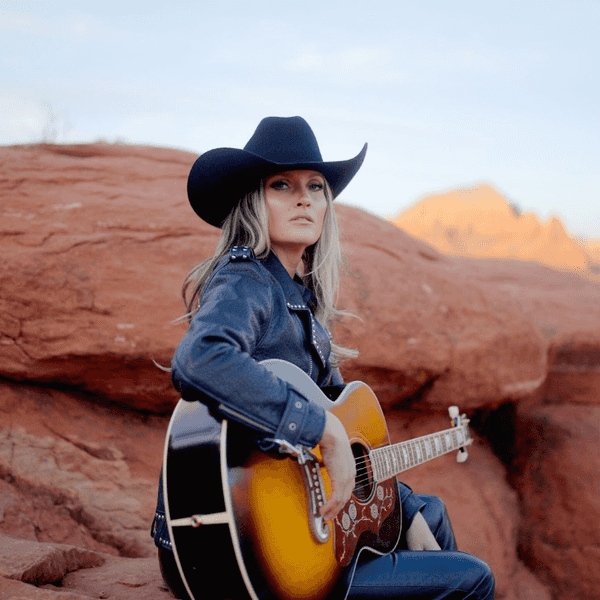David Poe: Wouldn't It Be Nice If Musicians Didn't Have To Sue To Get Paid
Wouldn’t it be cool if someone working at companies who sell music, a product the company doesn’t create themselves, stepped up and said, “let’s fairly compensate our vendors, the musicmakers.”
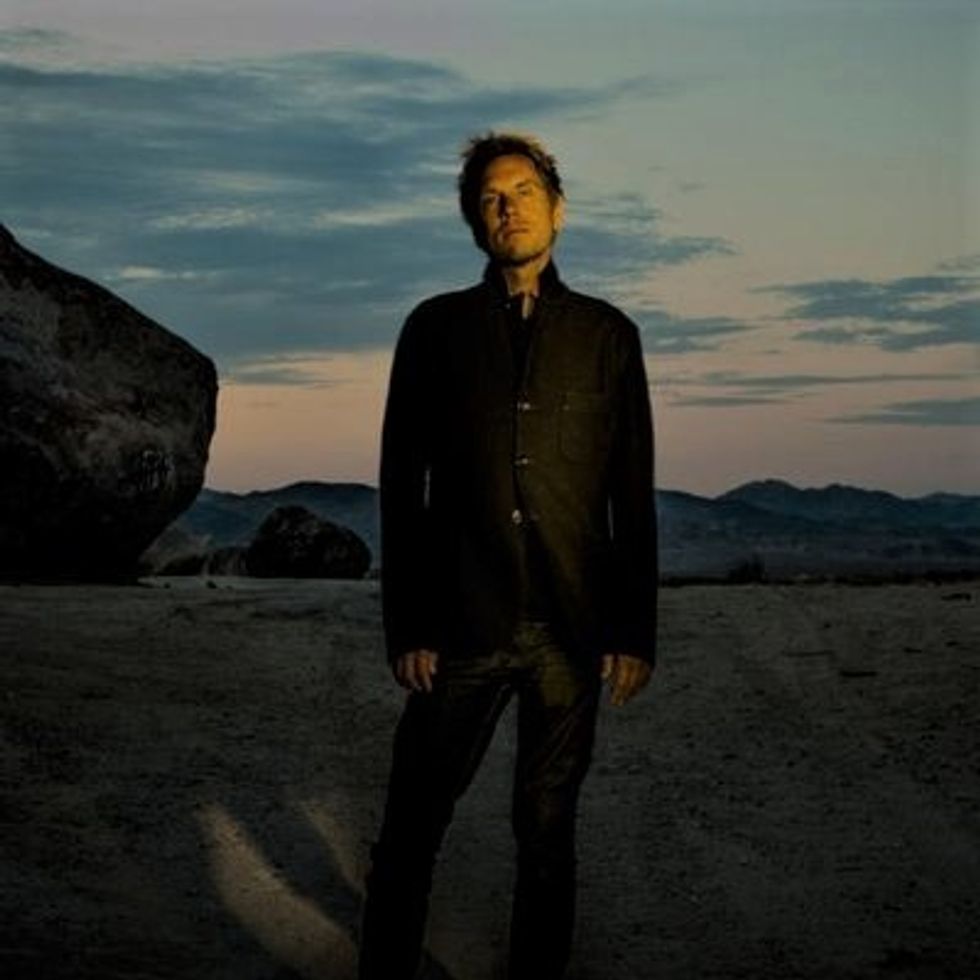
By External Source
Wouldn’t it be nice if musicians didn’t have to sue corporations to get paid? Wouldn’t it be cool if someone working at companies who sell music, a product the company doesn’t create themselves, stepped up and said, “let’s fairly compensate our vendors, the musicmakers.”
Today, SiriusXM finally agreed to pay $150 million for all the music recorded before 1972 that it played enthusiastically for years but for which it never paid, exploiting a legal loophole to ignore the innovative legacy artists who are now senior citizens.
Spotify recently paid nearly $50 million for its own chronic copyright infringement, but only after arguing (unsuccessfully) in court that it shouldn’t have to pay artists at all.
Pandora has probably spent as much or more on lobbyists to argue on the Hill for lawmakers to lower payments due to musicians than it has actually paid us.
And traditional (terrestrial) American radio has still never paid recording artists ANYTHING, though every other democratic country does so.
The hits just keep on coming: statutory rate for a song on a CD or record is 9.1 cents, but I’m sure most are aware that a spin on a streaming service—the modern equivalent of radio, the practical replacement for the owning of music—renders far less than a penny a play.
Like all of us, I really love it when songs I’ve recorded, produced, written and/or co-written are heard on the radio, or on streaming services. I’ve had great times and made friends over the years at excellent radio stations across the country, and at both Sirius and XM before & after they merged. Some of the most creative programmers and curators in the broadcast business are employed by all of these entities, which make billions off music. Awesome, music-loving people.
One of them, a DJ, came out publicly to agree that Big Radio should pay the bands and was fired in short order by the radio station. Any likeminded colleagues certainly got the message.
So while it’s been personally rewarding to stump for justice for musicians, and for the cause to consistently prevail when it gets to the courts, I can’t help but wonder why there isn’t an ethical voice, in both radio and in Big Tech, that says “in disrupting previous systems which were already precarious at best, we have become richer than our wildest dreams ... now, rather than fight them in court, it is time to fairly compensate the creatives who are the primary reason people use our services, buy our phones and hardware, and visit our websites.”
The audience ain’t coming there for the advertisements.
Sirius XM to Pay $150 Million to Settle Lawsuit Over Artists’ Royalties - WSJ

